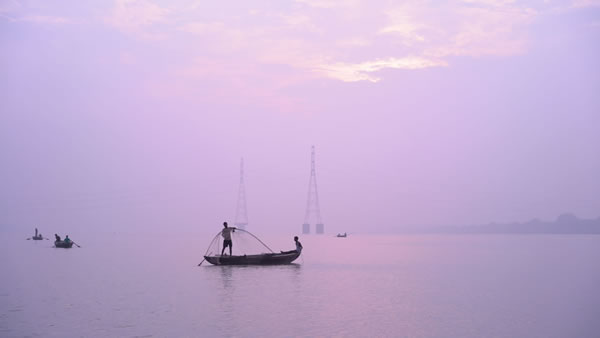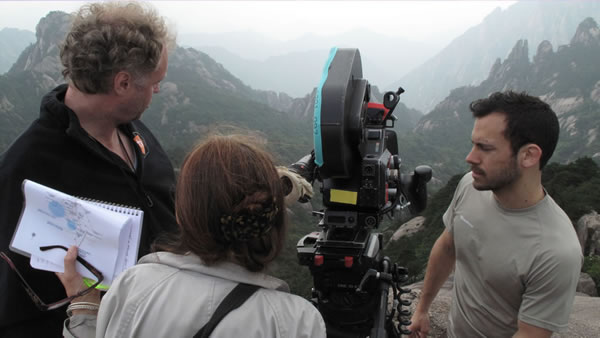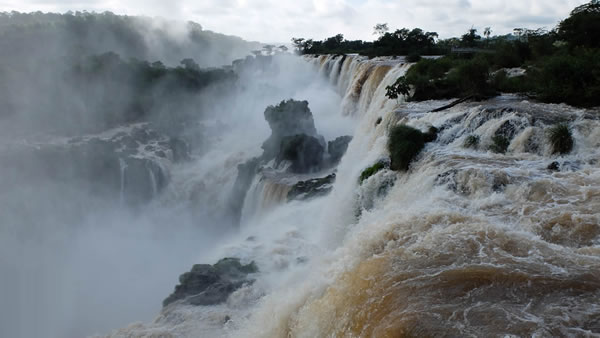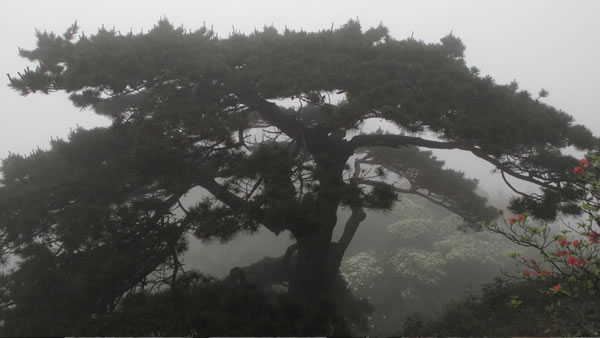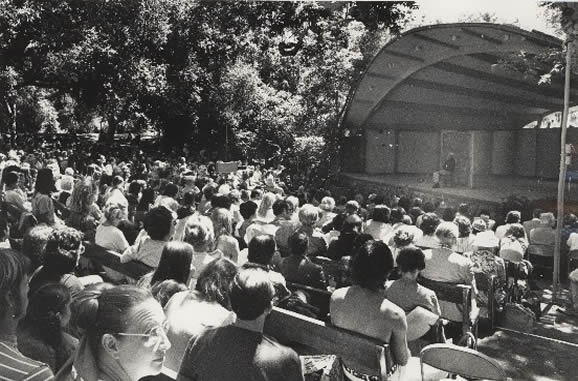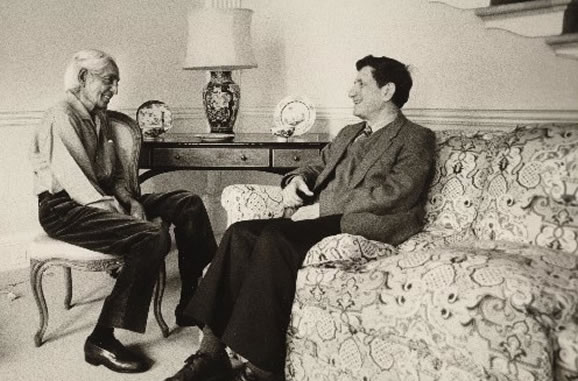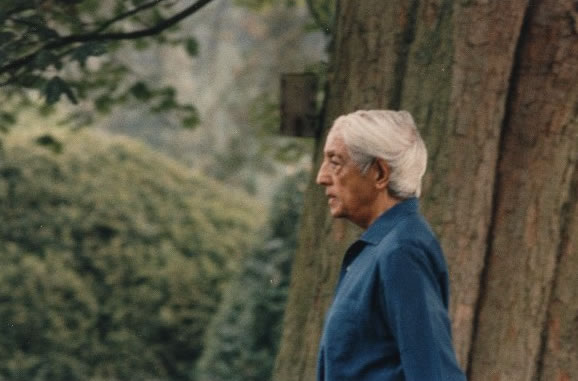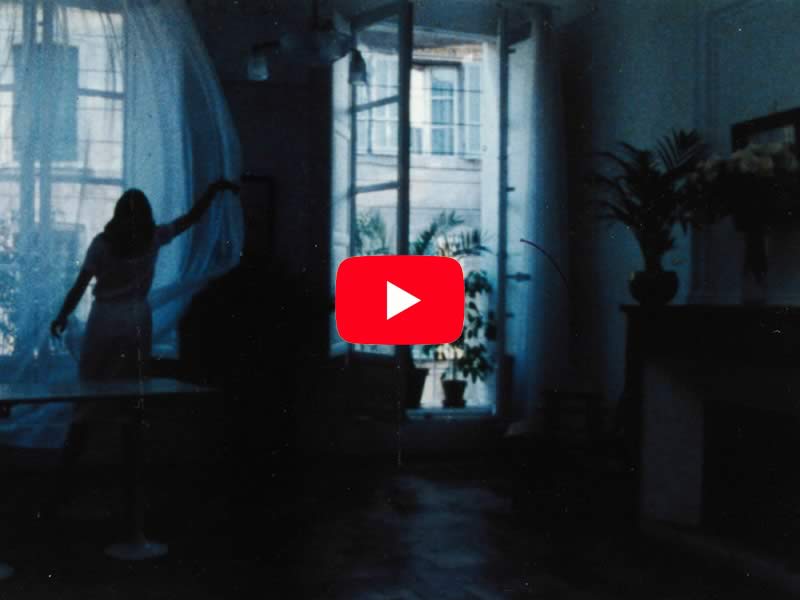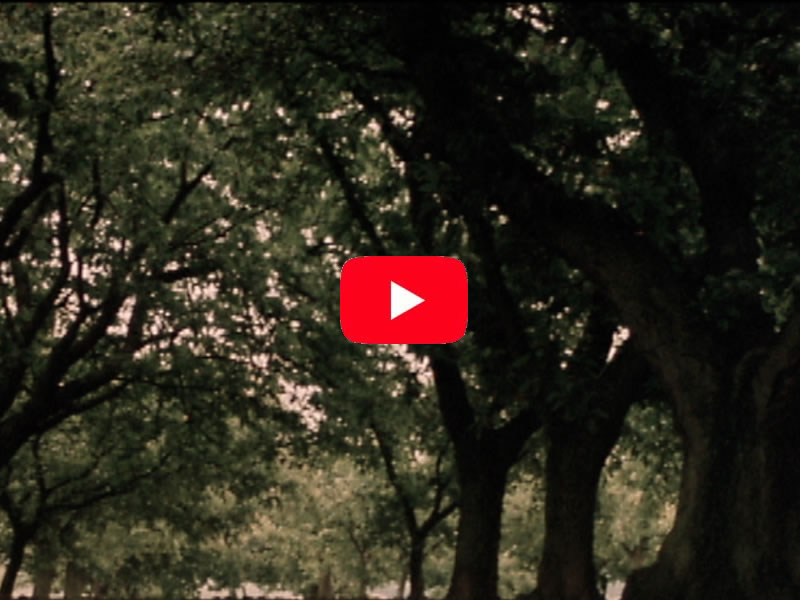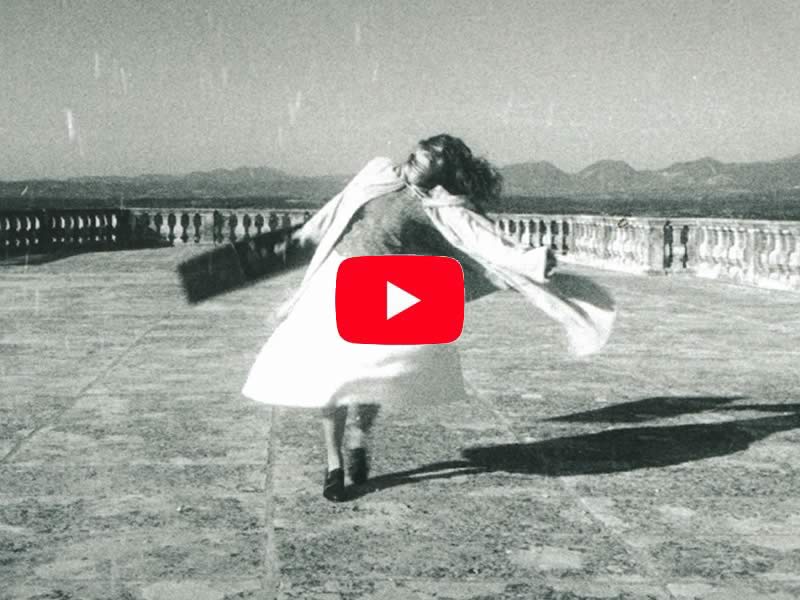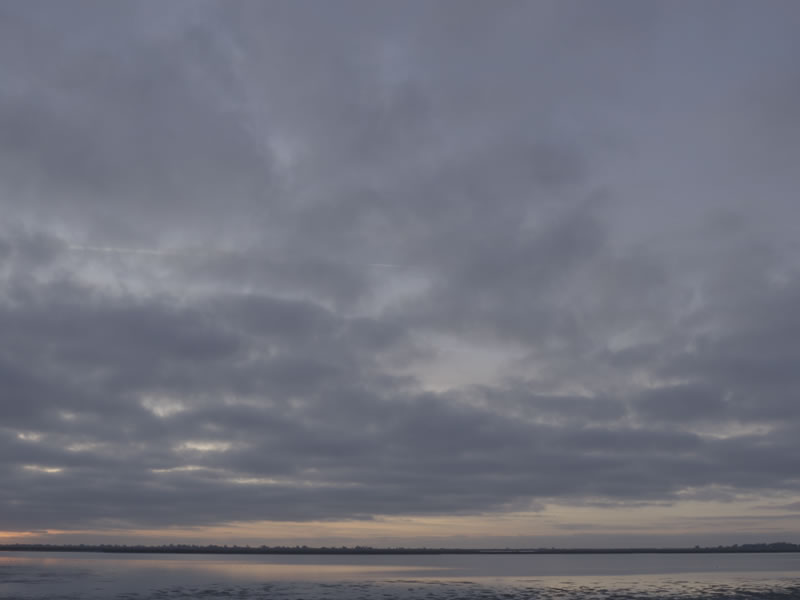KRISHNAMURTI
The revolution
of silence
By using material from filmed archives that show Krishnamurti and enable us to hear him speaking, the film's aim is to give a brief scan of his life and help us gain insight into one of the most fascinating modes of thought of the 20th century.
Krishnamurti is one of the most authentic spiritual figures in the world today.
- A film's street date : 2024
- Production : Françoise FERRATON - Maya Films
- Distributer : : France and French-speaking territories : Jan & Tom Roeloffs - JUPITER Communication
- International Distribution : CITÉ Films, Raphaël Berdugo
Biography of Jiddu Krishnamurti
Jiddu Krishnamurti was born on 11 May 1895 in Madanapalle, a small town in south India. He and his brother were adopted in their youth by Dr Annie Besant, then president of the Theosophical Society. Dr Besant and others proclaimed that Krishnamurti was to be a world teacher whose coming the Theosophists had predicted. To prepare the world for this coming, a world-wide organization called the Order of the Star in the East was formed and the young Krishnamurti was made its head.
In 1929, however, Krishnamurti renounced the role that he was expected to play, dissolved the Order with its huge following, and returned all the money and property that had been donated for this work
From then, for nearly sixty years until his death on 17 February 1986, he travelled throughout the world talking to large audiences and to individuals about the need for a radical change in mankind.
Krishnamurti is regarded globally as one of the greatest thinkers and religious teachers of all time. He did not expound any philosophy or religion, but rather talked of the things that concern all of us in our everyday lives, of the problems of living in modern society with its violence and corruption, of the individual's search for security and happiness, and the need for mankind to free itself from inner burdens of fear, anger, hurt, and sorrow. He explained with great precision the subtle workings of the human mind, and pointed to the need for bringing to our daily life a deeply meditative and spiritual quality.
Krishnamurti belonged to no religious organization, sect or country, nor did he subscribe to any school of political or ideological thought. On the contrary, he maintained that these are the very factors that divide human beings and bring about conflict and war. He reminded his listeners again and again that we are all human beings first and not Hindus, Muslims or Christians, that we are like the rest of humanity and are not different from one another. He asked that we tread lightly on this earth without destroying ourselves or the environment. He communicated to his listeners a deep sense of respect for nature. His teachings transcend man-made belief systems, nationalistic sentiment and sectarianism. At the same time, they give new meaning and direction to mankind's search for truth. His teaching, besides being relevant to the modern age, is timeless and universal.
Krishnamurti spoke not as a guru but as a friend, and his talks and discussions are based not on tradition-based knowledge but on his own insights into the human mind and his vision of the sacred, so he always communicates a sense of freshness and directness although the essence of his message remained unchanged over the years. When he addressed large audiences, people felt that Krishnamurti was talking to each of them personally, addressing his or her particular problem. In his private interviews, he was a compassionate teacher, listening attentively to the man or woman who came to him in sorrow, and encouraging them to heal themselves through their own understanding.
Religious scholars found that his words threw new light on traditional concepts. Krishnamurti took on the challenge of modern scientists and psychologists and went with them step by step, discussed their theories and sometimes enabled them to discern the limitations of those theories. Krishnamurti left a large body of literature in the form of public talks, writings, discussions with teachers and students, with scientists and religious figures, conversations with individuals, television and radio interviews, and letters. Many of these have been published as books, and audio and video recordings.
More information about Krishnamurti’s life can be found in the biographies written by Mary Lutyens and Pupul Jayakar.
Copyright ©1980 Krishnamurti Foundation Trust Ltd..
The Core of the Teachings
Written by Krishnamurti in 1980 at the request of his biographer Mary Lutyens.
The core of Krishnamurti’s teaching is contained in the statement he made in 1929 when he said « Truth is a pathless land». Man cannot come to it through any organization, through any creed, through any dogma, priest or ritual, not through any philosophical knowledge or psychological technique. He has to find it through the mirror of relationship, through the understanding of the contents of his own mind, through observation and not through intellectual analysis or introspective dissection.
Man has built in himself images as a fence of security—religious, political, personal. These manifest as symbols, ideas, beliefs. The burden of these images dominates man’s thinking, his relationships, and his daily life. These images are the causes of our problems for they divide man from man. His perception of life is shaped by the concepts already established in his mind. The content of his consciousness is his entire existence.
The individuality is the name, the form and superficial culture he acquires from tradition and environment. The uniqueness of man does not lie in the superficial but in complete freedom from the content of his consciousness, which is common to all humanity. So he is not an individual.
Freedom is not a reaction; freedom is not choice. It is man’s pretence that because he has choice he is free. Freedom is pure observation without direction, without fear of punishment and reward. Freedom is without motive; freedom is not at the end of the evolution of man but lies in the first step of his existence. In observation one begins to discover the lack of freedom. Freedom is found in the choiceless awareness of our daily existence and activity.
Thought is time. Thought is born of experience and knowledge, which are inseparable from time and the past. Time is the psychological enemy of man. Our action is based on knowledge and therefore time, so man is always a slave to the past.
Thought is ever limited and so we live in constant conflict and struggle. There is no psychological evolution.
When man becomes aware of the movement of his own thoughts, he will see the division between the thinker and thought, the observer and the observed, the experiencer and the experience. He will discover that this division is an illusion. Then only is there pure observation which is insight without any shadow of the past or of time. This timeless insight brings about a deep, radical mutation in the mind.
Total negation is the essence of the positive. When there is negation of all those things that thought has brought about psychologically, only then is there love, which is compassion and intelligence.
Copyright ©1980 Krishnamurti Foundation Trust Ltd.
Note of Intent
Krishnamurti,(1895 -1986) is one of the most outstanding men of the 20th century.
An unclassifiable thinker, he upheld no particular religion and belonged neither to the
East nor to the West.
Born in South India and right up to his death in California at the age of 91, he refused
to be considered as a guru and spoke out to the whole world, addressing himself
directly to each person in the audience.
At the base of his teaching is a conviction that fundamental changes in society can
only succeed at the cost of the transformation of individual consciousness. His
message continues to impress with its depth and timelessness.
In our difficult times, with its uncertainties and confusion, Krishnamurti's word makes sense.
It is a word of radical, revolutionary urgency.
We have only a few decades, if that, to escape the consequences of our blindness.
The solutions that men of today have recourse to (the return of nationalistic and identity
drifts, sectarian beliefs, division and demagogy) has always proved powerless.
Each of us has the feeling that something from our common history escapes us.
A new way of being in the world is indispensable.
A new way of being in the world appears unthinkable.
« Is it possible to bring about a fundamental psychological revolution ? A deep, lasting
change, a transformation ? »
In dialogue with David Bohm, the physicist, Krishnamurti also says : « This is the true
meditation. You have to feel it in yourself, not just hear the words : I am my brother's
guardian ».
By using material from filmed archives that show Krishnamurti and enable us to hear him speaking, the film's aim is to give a brief scan of his life and help us gain insight into one of the most fascinating modes of thought of the 20th century.
From his word "splendidly rebellious" *, the film simply breathes his purpose. A film that does not enclose in a sense but which could be an invitation to be in rapture.
From the beginning, we wanted the film to be distributed in movie theaters and i twill be.
There are hardly any words that can describe the meditative space. I will just suggest some stepping-stones, bridges or intersections between different levels of sound and vision, interweaving the teaching and poetic texts of Jiddu Krishnamurti with shots filmed in the wild, of children and people around the world. The film is not so much about the man himself as an attempt to show his message, retaining only its essence, letting us become familiar with it.
From his word "splendidly rebellious" *, the film simply breathes his purpose. A film that does not enclose in a sense but which could be an invitation to be in rapture.
From the beginning, we wanted the film to be distributed in movie theaters and i twill be.
The film, contemplative but also incluses several interviews with a scientist, David Bohm, with André Voisin (2 films for the ORTF, TV show "Les conteurs"1970).
There are hardly any words that can describe the meditative space. I will just suggest some
stepping-stones, bridges or intersections between different levels of sound and vision,
interweaving the teaching and poetic texts of Jiddu Krishnamurti with shots filmed in the wild,
of children and people around the world.
The film is not so much about the man himself as an attempt to show his message, retaining only
its essence, letting us become familiar with it.
The film is produced in two versions, French and English.
*Zeno Bianu " Krishnamurti ou l’insoumission de l’esprit”
Cinematographic form
Right from the beginning, the film affords us a contemplative space, echoing Krishnamurti's words. At the beginning, it was his love of nature which attracted me most.
The succession of shots inhabited by landscapes, trees, fire, sky, ocean, wind – something
like a journey, a thread going through the film. Not as an illustration of Krishnamurti's words,
but a kaleidoscope of connections. The beauty of these images invites the viewer to perceive
the depth of the teaching, beyond the realm of reason.
Wind is present throughout the film, constantly changing, from gale to gentle breeze.
This man's singular life started in India, his home country. To restore the « flavour of India », we will film in cities as well as the countryside. The Ganges at Benares, bathed in monsoon morning mist, with men fishing. The women at sunset, in the countryside on the way to Sarnath…
Into the heart of this journey we have inserted realistic images of disorder, present-day
disasters, poverty, human distress ; a chaste approach, echoing Krishnamurti's unsettling
view of human suffering.
All along, over the archive images, Krishnamurti speaks of suffering. Then there are scenes
of snow, broken by birdcalls and the cold light of winter sunshine. The sequence on suffering
make up the climax of the film. It is what I feel most concerned about.
This part of the film also shows the young Krishnamurti's own suffering: «The brother died
and there was no movement in any direction away from sorrow”
Then, through scenes of incredibly violent storms at sea, Krishnamurti speaks of silence.
(finally, it is the « Côte d’Albatre » that is filmed)
It is the necessary passage through « the ocean of madness » to reach that apparently
simple : state of silence. I can only think of the workings of nature itself to express what I
feel about that.
Krishnamurti always insisted on the imperative necessity of an opening:
« a vast space in the mind where there is energy beyond imagination ».
In counterpoint to "Last Journal" : children, teenagers, here and there. throug their talent,
vitality, creativity.
Krishnamurti speaks also of the art of listening : " Do not interpret, do not translate, just listen
". Like Glenn Gould we will see playing a prelude to Bach.
My aim is to fill with wonder.
Silent moments will be jewels.
Testimonials
Mäya Films
Francoise Ferraton made her first short film « L’INOUÏ SERAIT L’ARRÊT » in 1986, produced by Ateliers Cinématographiques Sirventès /Guy Cavagnac.
This led to the creation in 1992, of a film-production company of short films.
The company is updated in 2008, to become a Company that produces short and full- length films. An update that is particularly aimed at producing the film
« JIDDU KRISHNAMURTI, the Revolution of Silence », which is near completion.
A medium-length film on Madagascar is also a current project.
L'inouï serait l'arrêt
1986 - Film de Françoise Ferraton
Based on a text by Marguerite DURAS : Aurélia Steiner
short film color, 35mm.
Extract from a letter dated 15 April 1986
From Marguerite Duras to Guy Cavagnac
Les terres blanches
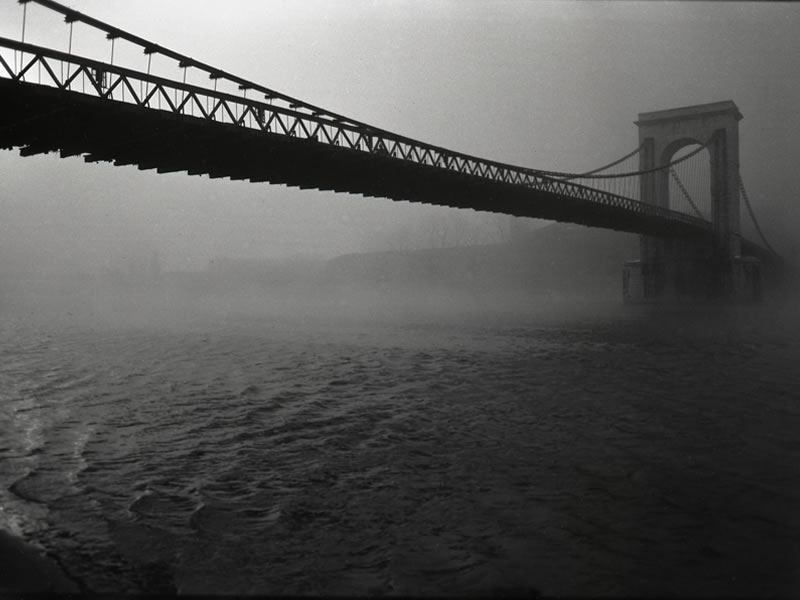
1991 / 1992 - Film of Françoise Ferraton
Short film, black and white, 35mm.
Prize for quality from the Centre National Cinématographie (1993)
Contact
PRODUCTION
Mäya Films / Françoise Ferraton
60, avenue Nadi
26 600 Tain l’Hermitage
Tel : +33 (0)4 75 08 35 28
Port : +33 (0)6 70 42 59 12
francoise-ferraton@orange.fr


